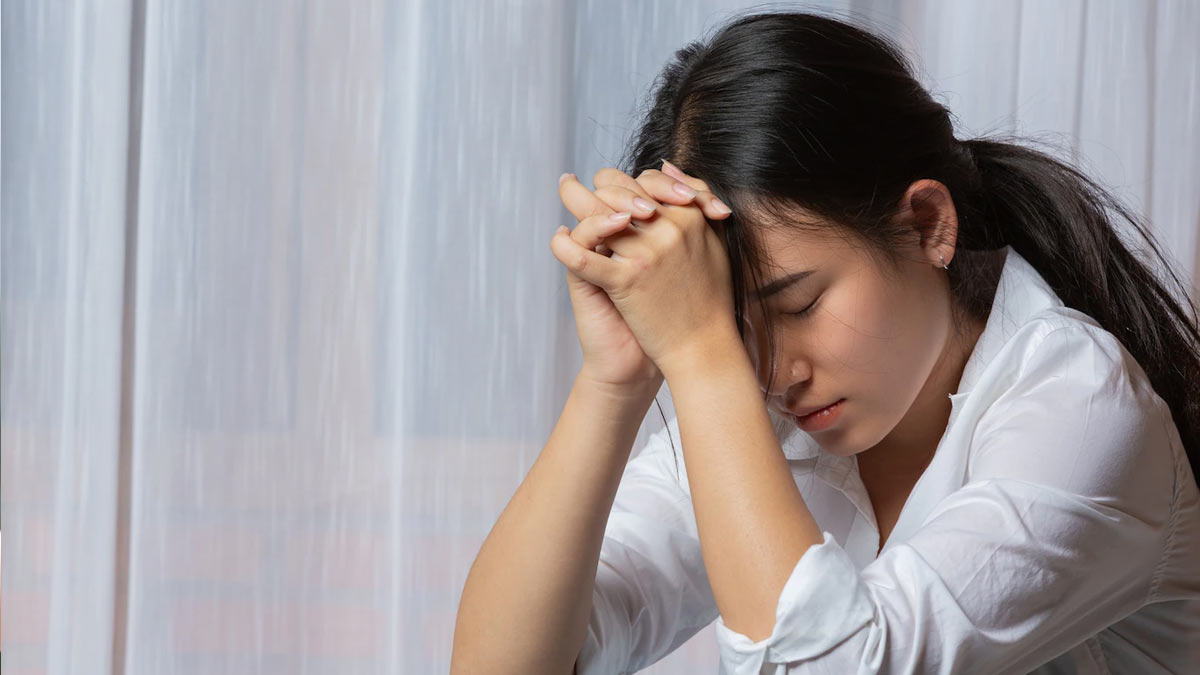

Bunu Tharu/RSS
KATHMANDU: The visual clips of the recent Gen-Z demonstrations available in the social media platform repeatedly came into the mind of a 16-year-old girl, stealing her sleep. The scale of unrest increases on her and she totally lost her interest in her studies.
Concerned by her symptoms, her family took her to the Lagankhel-based Mental Hospital in Lalitpur, where she was prescribed medication and relaxation techniques to cope with the situation.
In another case, a 25-year-old youth who had participated in the demonstrations managed to return home safely, escaping gunfire. Once home, he had access electronic and digital devices, to see videos of the protests circulated by the media and on social media platforms. He began to experience heightened stress, found it difficult to communicate normally, and started forgetting where he was going. His daily routine fell apart, and his eating habits deteriorated significantly.
Another youth has been left shocked by the death of his college friend during the protest. As he recalled his last moments with his friend, his fear and anxiety intensified. These feelings have started to manifest in his sleep. He is just one example of the many young people who have sought medical help after experiencing psychological distress following the demonstrations. It is estimated that many others may be developing similar symptoms.
Psychiatrist Dr Basudev Karki, from the Lakhankhel-based Mental Hospital, said that the sudden outburst of the protest demonstration and the violence that followed may have mental health implications across all age groups either directly or indirectly involved. For individuals without a prior history of mental illness, these effects may be short-lived. However, for those with a history of mental health issues and for children, the impact may be long-term.
Protests and demonstrations don’t only result in physical or economic damage; they can also deeply affect mental health, he added.
Psychiatrist Dr Amita Jha from Kanti Children’s Hospital said the protests can significantly affect children’s mental well-being.
“Symptoms of anxiety and depression have increased. Children with symptoms like fear, panic, phobia, and flashbacks of violence have come for consultation. Such symptoms have also been seen in children who previously had no issues,” she said.
Dr Jha shared that the duration of consultation session had to be extended for the treatment and in some cases, the dosage of medication had to be increased.
According to psychiatrists, adopting common stress management techniques can provide considerable relief in case of problems with mental health.
These techniques include deep breathing, engaging in activities one enjoys (such as art, music, sports), and openly communicating with family and friends.
“It is not necessary to pay attention to all content on news or social media. One should spend time doing what they enjoy. To reduce stress, one should stay away from alcohol and drugs,” Dr Karki suggested.
In case the symptoms do not subside, he advised contacting a psychosocial counselor who is available for 24 hours on helpline 1166, and if a serious issue is observed, one can meet with a doctor for medication and advice.
Child and adolescent psychiatrist Dr Jha said that communication is essential both at home and in school to prevent the mental issues seen in children and adolescents.
Parents and teachers must provide them with support and reassurance in a language they can understand according to their age. By engaging them in activities such as arts and sports on a regular schedule, their experiences of trauma are reduced,” she said.
Parents and teachers must provide them with support and reassurance in a language they can understand according to their age. By engaging them in activities such as arts and sports on a regular schedule, their experiences of trauma are reduced.
The Gen-Z protest demonstration has raised new questions about the importance of mental health in society.
Dr Karki mentioned that it takes time to forget the incident, but by accepting the pain and choosing the path of support and treatment, individuals can return to a normal life.
He stated that prioritizing mental health during times of crisis has now become a shared responsibility of both the state and society.